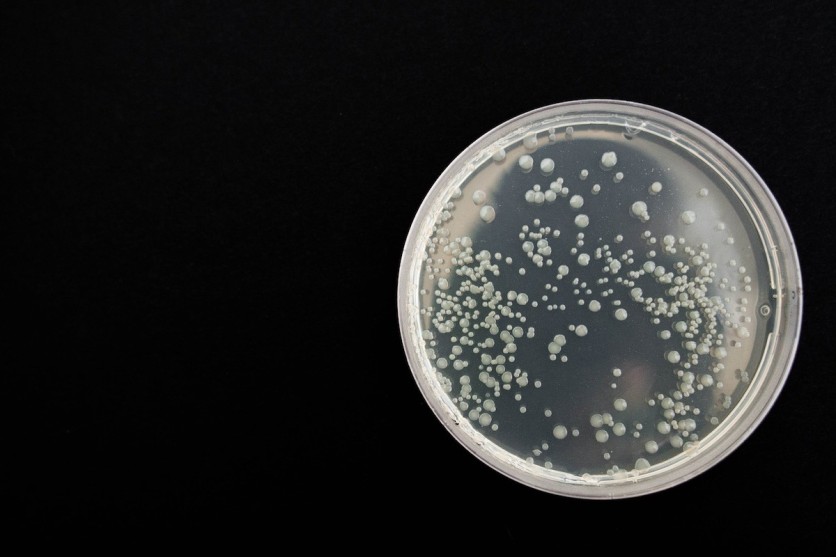A Canadian scientist has investigated the utilization of viruses to combat drug-resistant superbugs. This scrutiny centers on the potential applications of bacteriophages in both healthcare and agriculture, recognizing the regulatory challenges that hinder their prompt deployment.

Combating Drug-Resistant Superbugs
In the realm of combating drug-resistant superbugs, Canadian scientist Steven Theriault pioneers a unique strategy, deploying viruses.
Interesting Engineering reported that this exploration delves into the potential applications of bacteriophages in healthcare and agriculture, all while navigating the regulatory hurdles that impede their swift implementation.
Within this ongoing battle against antibiotic-resistant superbugs, Theriault, based in Winnipeg, introduces bacteriophages, viruses specifically engineered to target and eliminate bacteria.
However, the promising potential of these viruses, which could save lives and revolutionize agriculture, faces a considerable challenge in the form of Canada's rigorous regulatory framework.
Having transitioned from a paramedic background to earning a Ph.D. in molecular genetics and virology, Theriault establishes Cytophage with a mission: utilizing bacteriophages to combat antibiotic resistance.
His groundbreaking research involves the manipulation and engineering of these viruses, enabling them to effectively target a diverse array of bacteria. The significance of this breakthrough extends beyond mere transformation, it holds the potential to save lives.
CBC reported that Theriault reassures about safety concerns, explaining that bacteriophages pose no threat to humans or animals; their specificity lies in targeting bacteria.
Addressing a Global Health Crisis
He emphasizes their capacity to address a global health crisis highlighted by the World Health Organization (WHO) an epidemic of antibiotic resistance responsible for nearly five million deaths annually.
Beyond his contributions to human health, Theriault's research extends into the realm of agriculture with the development of FarmPhage, a bacteriophage cocktail that has demonstrated remarkable effectiveness in trials.
In trials involving chickens infected with E. coli, the survival rate soared to an impressive 92 percent, a stark contrast to the mere 8 percent survival rate observed in untreated birds.
Additionally, chickens treated with FarmPhage in Bangladesh exhibited enhanced growth, requiring less food and reaching maturity at an accelerated pace. However, Theriault encounters a formidable obstacle in implementing this groundbreaking solution-Canada's stringent regulatory system.
Despite the promise shown by Theriault's bacteriophage-based treatments, navigating the existing regulatory landscape, primarily tailored for chemical drugs, poses challenges that are currently insurmountable.
A significant regulatory challenge emerges in the form of Health Canada's requirement for field trials, demanding the euthanization of treated animals-an ethical stance vehemently opposed by Theriault and advocates.
Their argument centers on the safety and absence of residues in meat products left by bacteriophages, challenging the conventional classification as traditional drugs.
Lauren Carde, an expert in regulatory affairs, aligns with this perspective, advocating for flexibility in regulatory frameworks. She contends that products like FarmPhage, boasting a minimal risk profile and no residues in meat, should not be subjected to the same stringent regulations as traditional drugs.
Related Article : Gold Antibiotics May Be Key to Ending Multidrug-Resistant 'Superbugs'

ⓒ 2026 TECHTIMES.com All rights reserved. Do not reproduce without permission.




